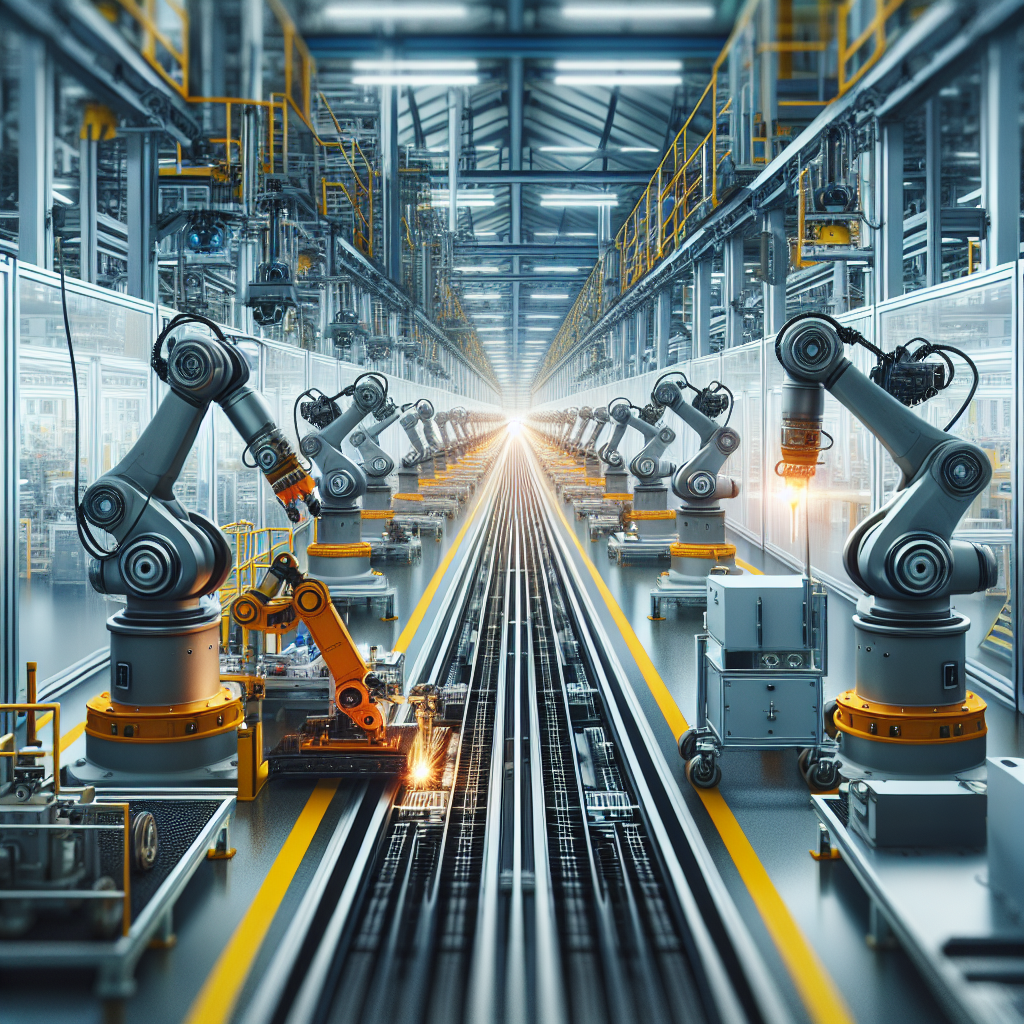Robotics: Automating Industries
Robotics technology has revolutionized industries around the world, providing efficient and precise automation solutions for a wide range of tasks. From manufacturing to healthcare, robotics has the potential to streamline operations, increase productivity, and improve safety in various sectors.
Improved Efficiency in Manufacturing
One of the primary applications of robotics in industries is in manufacturing. Robots are capable of performing repetitive tasks with high precision and accuracy, leading to improved efficiency and productivity. By automating processes such as assembly, welding, painting, and packaging, manufacturers can reduce production time and costs while maintaining consistency in product quality.
Enhanced Safety for Workers
Robots are also being used to perform tasks that are dangerous or hazardous for human workers. By taking on tasks such as handling heavy machinery, working in extreme temperatures, or dealing with toxic substances, robots help to improve workplace safety and reduce the risk of accidents and injuries. This not only protects workers but also minimizes downtime and associated costs for businesses.
Precision in Healthcare
In the healthcare industry, robotics technology is being used to perform complex surgeries with a level of precision that surpasses human capabilities. Robotic surgical systems allow surgeons to operate with greater accuracy, control, and dexterity, leading to better outcomes for patients. Additionally, robots can assist in tasks such as medication dispensing, patient monitoring, and physical therapy, enhancing the overall quality of care provided.
Adaptability in Logistics and Supply Chain
Robotics has also transformed logistics and supply chain operations, enabling businesses to streamline processes and meet the growing demands of e-commerce and global trade. Automated guided vehicles (AGVs) and drones are being used to transport goods within warehouses and distribution centers, while robotic arms are employed in sorting, picking, and packing operations. These technologies help businesses to improve accuracy, speed, and flexibility in managing inventory and fulfilling orders.
Challenges and Opportunities
While robotics offers numerous benefits for industries, there are challenges that need to be addressed to maximize its potential. These include the initial costs of implementing robotics systems, the need for specialized training for operators, and concerns about job displacement. However, with proper planning, investment, and collaboration between humans and robots, industries can harness the power of automation to drive innovation, growth, and competitiveness.
In conclusion, robotics technology is revolutionizing industries by automating processes, enhancing efficiency, improving safety, and driving innovation. As businesses continue to adopt robotics solutions, they will unlock new opportunities for growth, productivity, and sustainability in the ever-evolving global economy.






